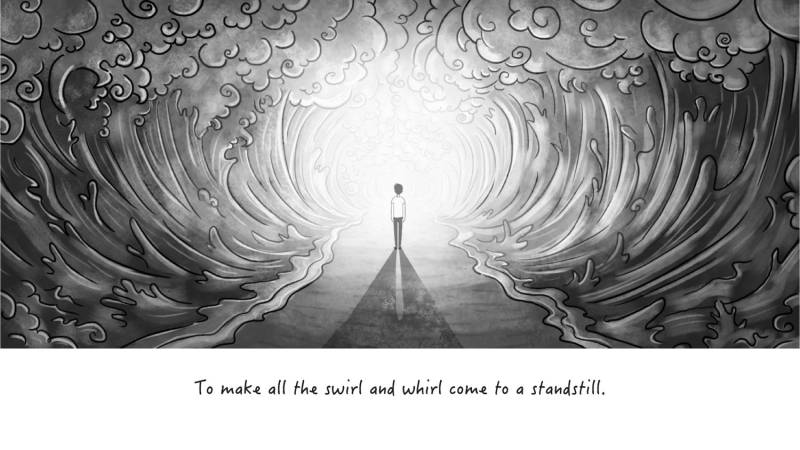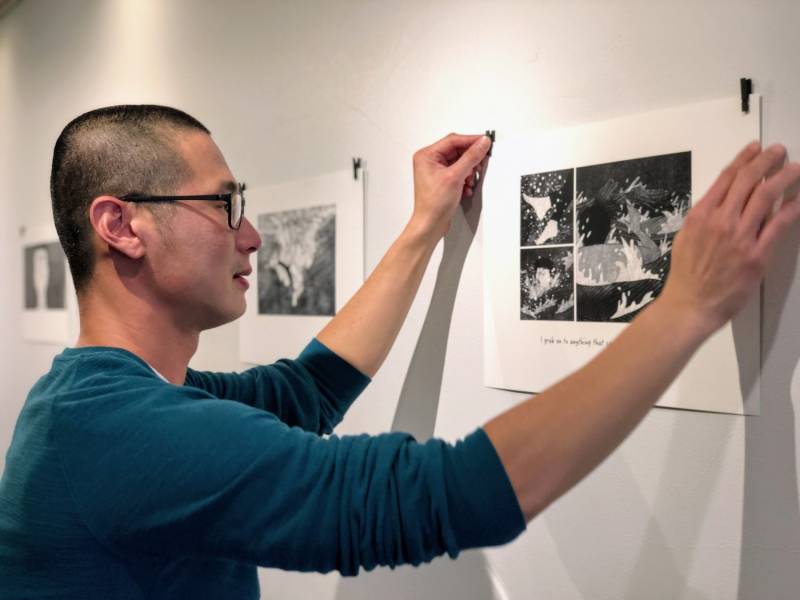Writer and filmmaker Edward Gunawan has personally experienced the stigma that often prevents people from getting mental health support. Years ago, while living in Indonesia, Gunawan felt smothered beneath the weight of coming to terms with a quarter-life crisis, while also processing his queerness amid a homophobic culture and unaccepting Chinese parents. Alone and overwhelmed, he fell deep into depression but was unable to ask for the support he needed.
“During my episode I felt like I’d done everything I could to be successful, but it still felt very empty, and the emptiness created a lot of instability,” he said.
At a writing retreat in 2017, Gunawan began to take down short notes describing his mental health challenges, and later that year he started sharing his experiences through live storytelling while still living in Asia. He wanted to use his own example to help people with similar backgrounds overcome the cultural stigma against sharing mental health struggles and getting support.
It worked: The more Gunawan told his story, the more audiences were inspired to be vulnerable and share their experiences with him. It was during one such presentation that a chance encounter with an audience member connected Gunawan to mental health professionals, starting a process that culminated in him sharing his journey through depression in a web comic called Press Play.

“As I began sharing my lived experience in classrooms and other venues, I learned that it was hard for me to share this story live all of the time,” he says. “It took a toll, and I realized that as a media maker there’s potential to have more impact if I can make this more portable. That’s when I started thinking of adapting this story into a comic. It’s a very playful kind of medium, and I wondered if I could make such a serious topic more approachable.”



